Rabbi Eitan Eckstein: 'People Addicted Aren't Aware of Their Addiction; Their Surroundings Must Save Them'
Nearly thirty years ago, Rabbi Eitan Eckstein founded the Retorno Center and has since worked to save teenagers addicted to drugs or other issues. 'The most challenging groups are from the ultra-Orthodox sector and the aristocratic secular sector,' he reveals. The good news: there is success.
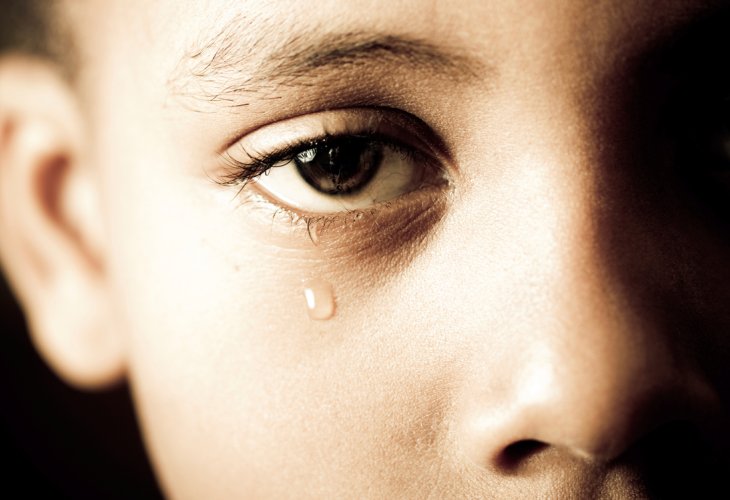 Rabbi Eitan Eckstein
Rabbi Eitan EcksteinThe first time Rabbi Eitan Eckstein encountered the concept of 'addiction' was nearly three decades ago while he was in Mexico as part of a mission serving as a rabbi in one of the Jewish communities. One day, a wealthy community member approached him and requested a private conversation. During the talk, he revealed to him that he was addicted to cocaine. 'I listened to him,' Rabbi Eckstein recalls, 'and then tried to understand what he actually wanted from me. I told him: "You need to see a psychologist, not me," but he replied: "I’ve seen psychologists and other professionals who don’t understand me."'
The end of the story was sad: ten days later, the man died from an overdose, and Rabbi Eckstein reveals: 'During the funeral, his daughter approached me and handed me a letter in which he wrote: "I implore you to do everything in your power to prevent others from dying from this white monster. And for those already involved, help them get out as quickly as possible."'
Rabbi Eckstein needed nothing more after witnessing the dangers of addiction firsthand. He decided to embark on a journey and establish the 'Retorno Center' (translated from Spanish as 'U-turn'). 'The meaning I try to convey through the name Retorno is that even if you reach a bad place, you can always recalculate your route, use the tools given to you, and do things differently than you did before. This is simply the essence of our activity.'
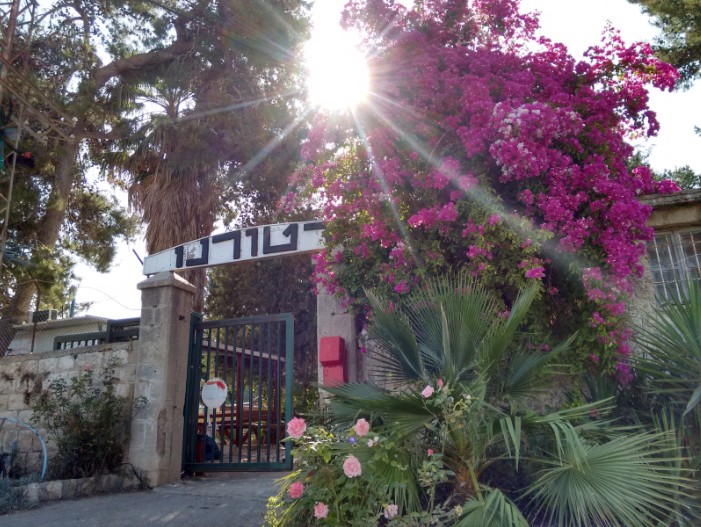 Retorno entrance
Retorno entrance
Recalculating the Route
Rabbi Eckstein began the Retorno activity while still in Mexico, where he expanded it to the USA, opening branches and centers, some of which operate to this day as non-profit organizations, aiming to help the community. 'After four years, I returned to Israel,' he says, 'and then I realized that my most complex mission awaited me - to help the Israeli community.'
Why is this mission so complex?
'One must understand that the hardest challenge in all this is convincing people that they have a problem. Especially within the religious and ultra-Orthodox communities, where it is commonly believed that such problems do not exist and there is no drug use, which is entirely untrue. A few years ago, I was invited to meet one of the great rabbis of the generation to present our activities. I brought two yeshiva students who had received treatment with us in the past to illustrate the severity of the situation. When we arrived, I asked one of the students: "Explain to the rabbi what addiction is." The student opened his mouth and said: "It could be eleven o'clock at night, and my wife says there's no food for the child and we need to rush out to buy formula because the baby is crying. I go downstairs and instead of buying food, I find myself after 20 minutes in Lod, spending that money on drugs." And this is just one example that illustrates how severe the situation can be, but it's certainly not the only case.'
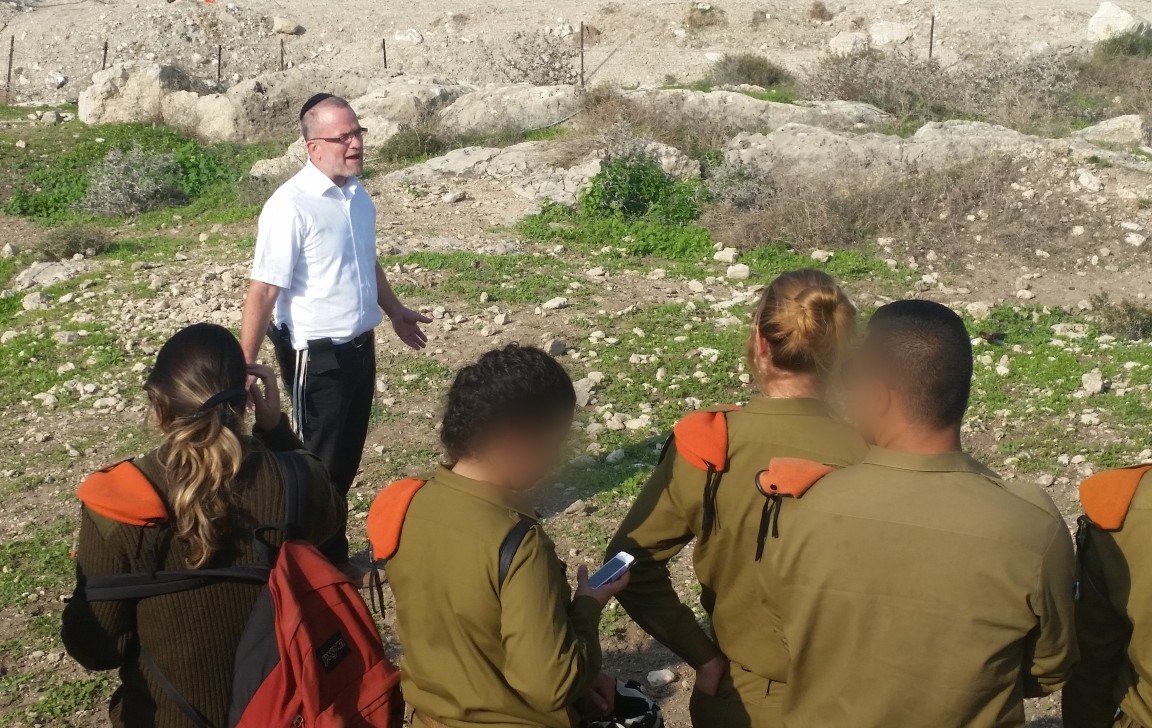
'Incidentally,' adds Rabbi Eckstein, 'another sector we have to penetrate is the aristocratic secular sector, where parents also have a hard time admitting that their children have a problem. I remember once a girl from a very reputable home came to speak to me. She entered the room alone and said: "My mother is a psychologist, but she didn't want to come in. She tried to convince me all along that I don't have any problem. She didn't want me to come here at all." And indeed, my mission is to show people, first and foremost, that they have a problem, which is certainly no simple task. Only then can we move on to treatment.'
Addicted to Addiction
To lead the program, Rabbi Eckstein initially met with various ministers who served in social welfare positions, and each time he enlisted someone new to explain the gravity of the issue. His father, Prof. Shlomo Eckstein, President Emeritus of Bar-Ilan University, also helped him open doors. 'Slowly, we made progress,' he says, 'and thus we established the Retorno Center near Beit Shemesh on a 36-dunam land. Initially, we had 24 patients there, but today we have more than 130 patients in full hospitalization. Among them are 48 teenagers aged 13-18, another 60-70 adults aged 18 and over, and another 18 slots for girls aged 14-30. These are girls who come from the street, almost at the moment's notice, discovered in the most challenging situations. It's a kind of emergency room, so as not to waste time with bureaucracy. Incidentally, all our services are provided free of charge, subsidized by the Ministry of Welfare or the Ministry of Health.'
He also emphasizes: our patients come from all sectors of the population. However, we insist that those who come to us adapt to the fact that this is a place that observes Shabbat, with strictly kosher food and appropriate requirements. Only those who are willing to respect the place and the religion are welcome.'
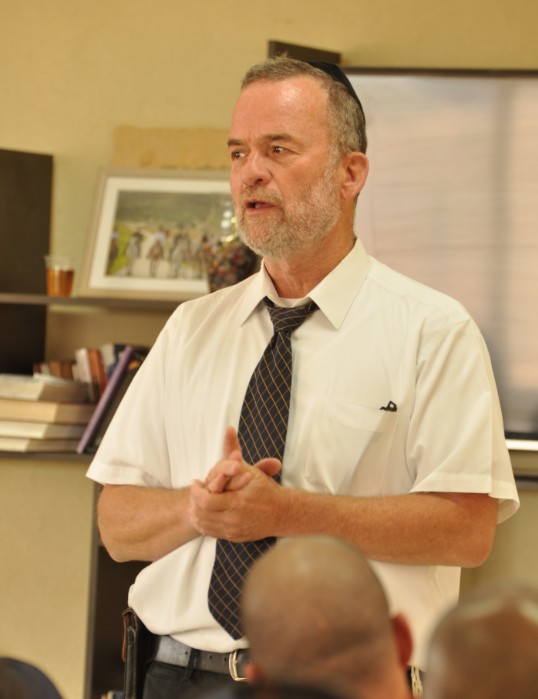
In recent years, Rabbi Eckstein notes that the need has been growing. 'Unfortunately, in recent years, there's been a tolerance for the use of light drugs, and cannabis, for example, has become a miracle drug for people with chronic pain or those dealing with severe illnesses. They take cannabis, and it really helps them because it's indeed a wonder drug. But the problem is that since it's a plant, some feel there’s no need for a doctor to prescribe it, as what could happen? Just recently, we had a yeshiva student who became heavily addicted to drugs. It all started because a friend recommended to him: You want to do a "watch" and study every Thursday night without falling asleep? I’ll give you a special cigarette. He didn't know it was a drug because no one ever talked to him about the subject, and there was no prevention program in the yeshiva or his school, and so he found himself smoking again and again, becoming addicted.'
'And this is really the point,' he emphasizes, 'because the moment you take drugs, it fully opens your eyes, it dulls pain, both physical and emotional; a person smokes them, and instead of crying, it makes them laugh, and this is the great risk and danger here.'
Not Just Drugs
At Retorno, they treat with full hospitalization those addicted to drugs, alcohol, and gambling, but they also have a track without hospitalization called 'Meetings.' It includes weekly or bi-weekly meetings as its name suggests.
'In this track, we have 130 male and female patients in separate groups,' Rabbi Eckstein explains, 'These are people addicted to various types of addictions, not necessarily drugs. They meet once or twice a week for group discussions and personal therapies.'
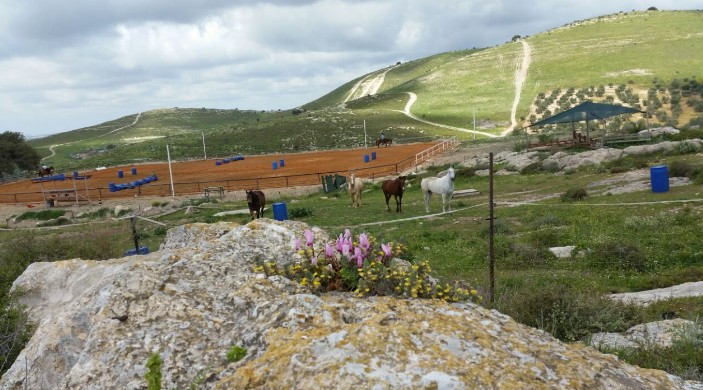 Riding field at Retorno
Riding field at RetornoWhat types of addictions do you treat?
'There are many types: addiction to shopping, eating, cell phones, and many more. Once, a 17-year-old girl called me, very troubled. She said she lived in Bnei Brak next to a gas station and found herself sitting near the station reading books because she simply loved the smell and found it hard to leave. She asked me: 'Is this considered an addiction?' I replied that it certainly is. Just recently, I spoke with a wonderful family’s mother, whose one child has been holed up in his room with an iPhone and simply doesn’t leave. She told me that over the past year, the child hasn’t left the iPhone, which is, of course, a full-fledged addiction. The phenomenon of children addicted to thefts is also very common. The thrill of stealing is what gets them addicted, making them repeat the act again and again. We treat all these cases.'
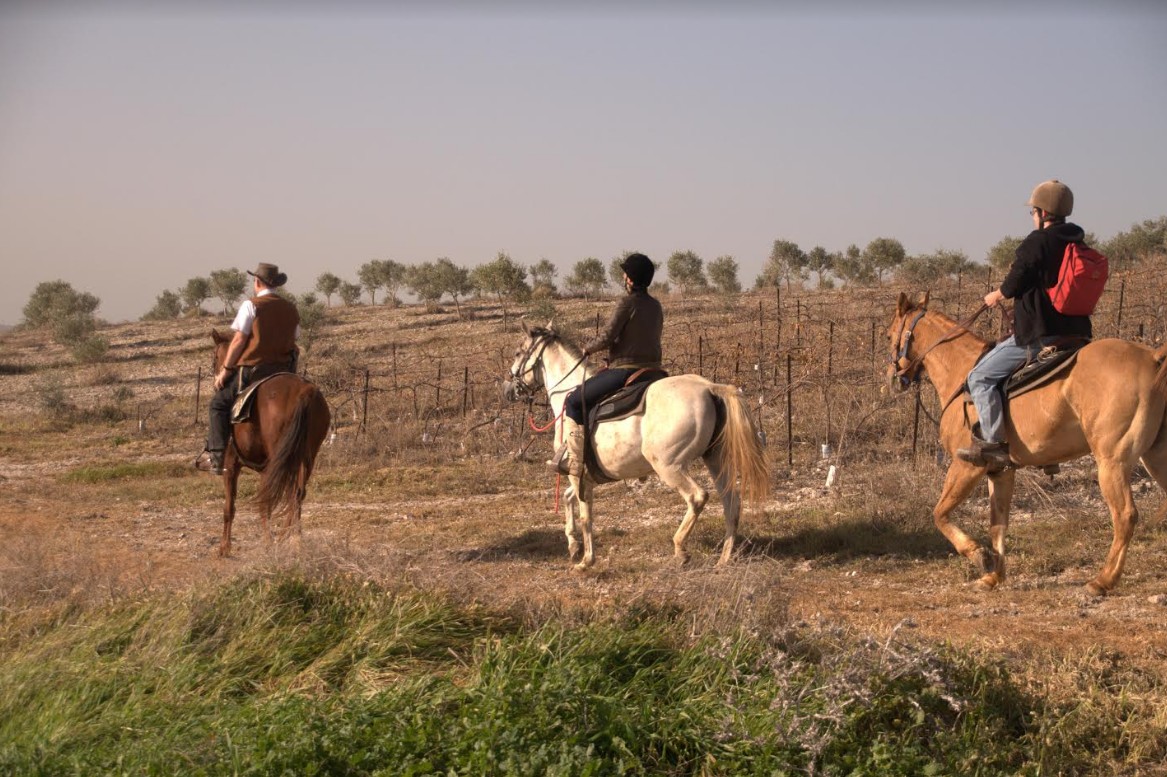
What are your success rates?
'We have 100% success with everyone we succeed with and 100% failure with everyone we fail. Statistically, about 60% of our patients get back on track and start a new chapter. Of course, even with them, there's a risk of the addiction flaring up again, and it's crucial they remain vigilant and introspective throughout.'
Can you give us a tip on how to recognize if we have an addiction?
'Honestly? It's not that simple. Because someone who is already infected and in it won't be able to recognize their problem, but this is where I appeal specifically to those around the addict and ask: keep an eye out, and if you think there's a problem, urgently contact us. Sometimes it can actually save lives.'

